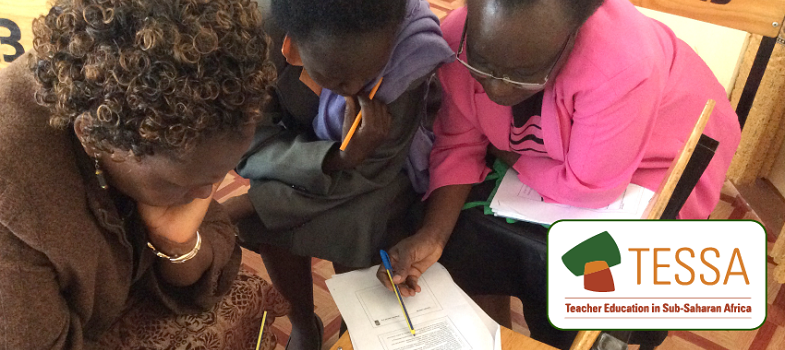Resource 4: Praise singing
![]() Background information / subject knowledge for teacher
Background information / subject knowledge for teacher
The tradition of praise songs varies between different groups of people in Uganda. If it is a tradition locally, you may be able to use the expertise of a singer and find examples of praise songs in your local community.
The information that follows is about praise singing in Nigeria, where there is a strong tradition.
Praise singing topics can range from the formal to the informal. As long as they serve to entice, excite, tease and flatter the subject being praised, anything is fair game. The simplest and most common praising techniques call attention to the obvious positive aspects of the person in question. The singer might comment on their elegant or outrageous outfit, their stature (tall, short, narrow or wide), or the sheen of their skin, from dark to light.
Here are some examples of these simple forms of praise:
See the owner of this wild head gear.
Come and see (this would be followed someone’s names and praise of their physical attributes).
At a deeper level, the praise singer may draw upon the achievements of the person or their immediate family. Whether business, political or traditional achievements, they can be praised directly.
You can never buy being born into greatness (the right circumstance).
Being born to greatness is nothing compared to what you have done with the opportunity … (insert the person’s name here)
Or they can be praised by commenting on the general character of their family name or town.
At their deepest level, Nigerian praise singers draw upon folklore, oral history, and poetry to raise the profile of the person who is showering them with money. This is done through elaborate knowledge of family names, town and regions, and tribal history. For instance, among the Yoruba, each person, family and town has what is known as ‘Oriki’ or praise poems. These praise poems say simple yet deeply meaningful things about people and the things they are socially bound to (families, towns and ethnicities for example). You could compare this to the praise names found among some Ugandan people, which may help to give some ideas.
The master praise singer has the knowledge and the good social sense to draw on each of these to provide a constantly changing and entertaining mix of narrative, praise and humour, which keeps the audience engaged, watching the show and waiting for their chance to shower someone with money and be praised in the public eye. The praise singer has to constantly assess the audience and lead the ensemble in whatever direction is going to keep the party bubbling, the audience engaged and the money flowing.
Adapted from: http://www.rockpaperscissors.biz/ [Tip: hold Ctrl and click a link to open it in a new tab. (Hide tip)] (Accessed 2008)
Resource 3: Listening to sounds in everyday life



